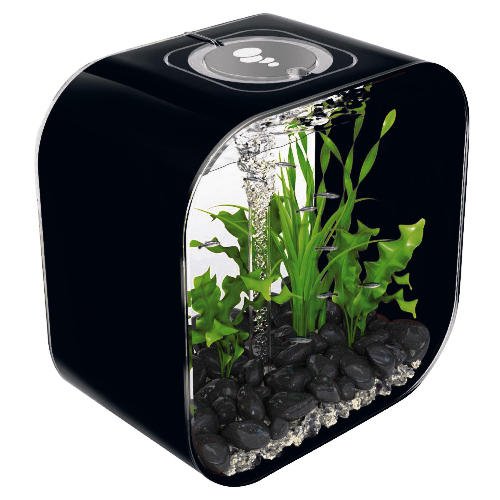Koi fish, or Nishikigoi, are the product of several centuries of selective breeding of the common brown Asian carp and the German carp. The first color mutations appeared about 1805.
Koi are available in all colors from the purest white, through yellow, orange, red, near-lavender, blues, greens and coal black, in limitless combinations.
Most popular in Japan are the Kohaku, a pure white fish with persimmon-red patches arranged in a stepping stone pattern.
In the USA, favorite types run the gamut from the legendary "Big Three" (Kohaku, Taisho Sanke, and Showa Sanke, the last two appreciated for varying proportions of white, black and red) to the eye catching Ogons, metallic fish that look like they have been hammered from gold or platinum.
It comes as no small surprise that most pond owners love to keep Koi fish. Koi fish owners and enthusiasts love to watch them swim, as well as their bright colors. As a owner you must understand even the basic requirements for having healthy fish in your pond.
Just as aquatic fish, requires the correct pond size to give them ample movement. Not to mention the water quality and correct feeding. It's best before buying that you research and obtain information about their special needs and living conditions while raising them.
Quality of Water: Maintaining your ponds water quality is vital. You will need to adjust the water temperature, nutrient amounts, and light conditions as per the season. A good pH range is between the levels of 7-7.5%. This can be accomplished by installing a skimmer and pump system to your pond. This also needs to be done prior to placing your fish in the pond. After placement of the fishi into the pond you will need to continue to monitor the water on a regular basis. Replacement of water in the pond will be about 20-25% every couple of weeks.
Feeding: As a new owner you will need to feed the appropriate amount of food that has been specifically formulated just for them. This food is available in pellet or stick form. Did you know that as your fish grows so does the amount of proteins he needs in his diet? A young Koi needs more protein than an older one. You should also not provide more food than they can consume in a matter of minutes. Any more than that can damage your water chemistry as it will degrade quickly.
Population: When getting ready to buy you will need to remember that when selecting the number of fish per the size of your pond. A fully grown Koi can be raised in a water capacity of about 100-110 gallons. As well, estimate the number of Koi with reference to the total amount of water in your pond. You do not want it to be overcrowded as this can result in poor water quality and environmental conditions.
Disease: If you discover any abnormalities in the water chemistry or in their nutrition, this will cause the fish to become dull and lifeless. In more serious cases they can even become ill due to such things as bacterial infections. If you introduce sick fish or any damaged plant life into the pond this can also cause your fish to become ill. Now how do you check for diseased fish? The best way in which to do this is to check the underside of their stomach. If you happen to find any sick Koi fish then it is best to separate them from the other fish and place them in isolation until they have become disease free and well. You do not want to take the chance of infecting your other Koi fish to disease.
You May Like These Titles















